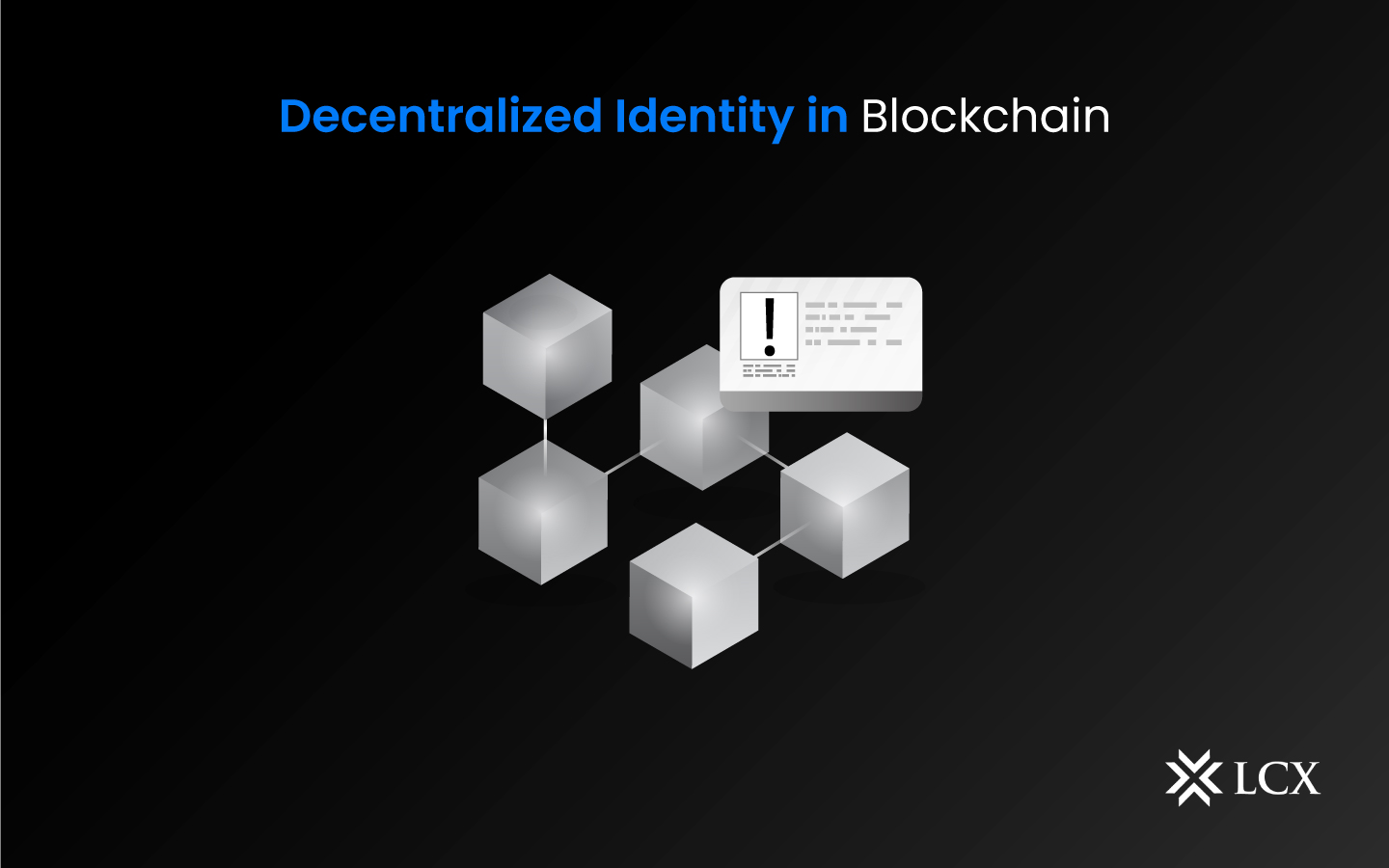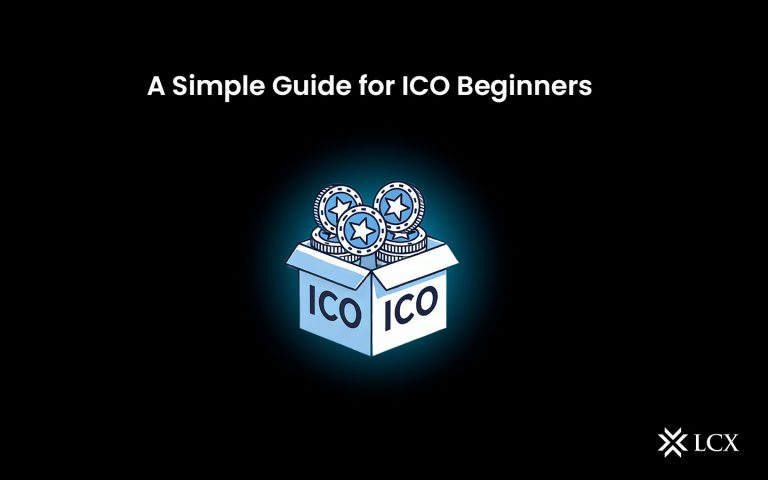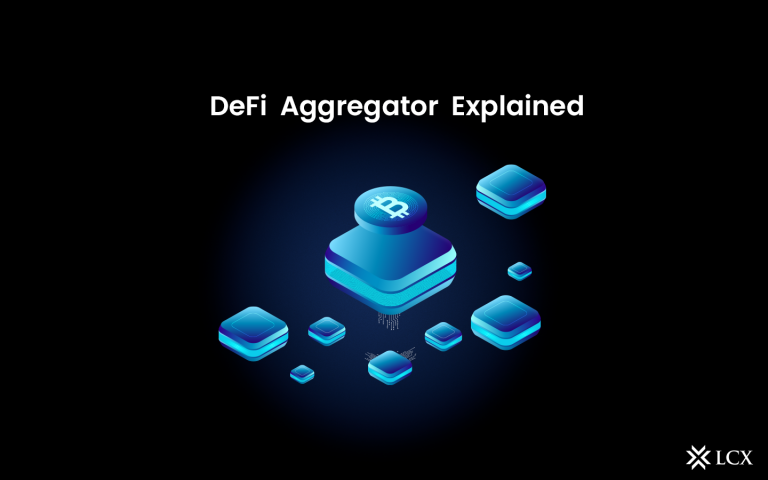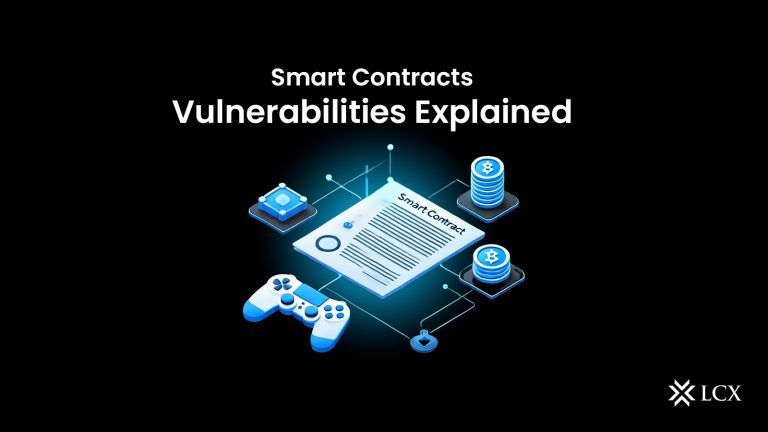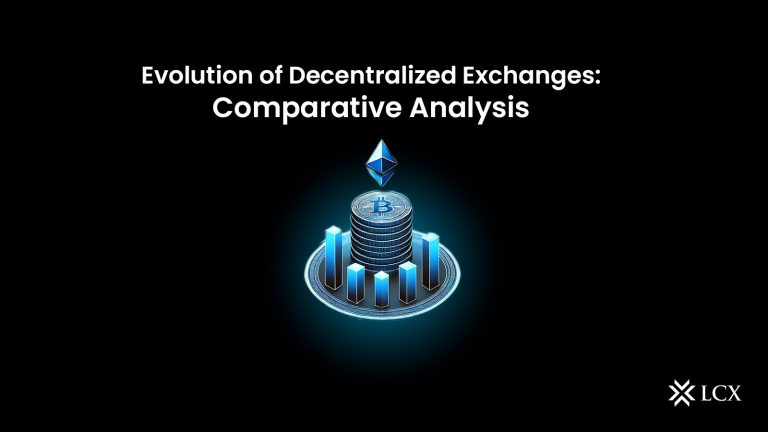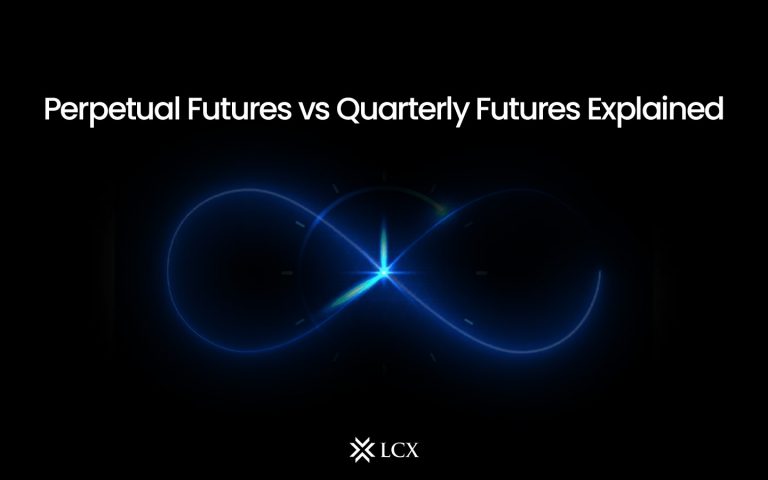Identity has always been an integral component of our existence. We utilize our identities to gain access to services, establish our age, and build trust. Nevertheless, traditional forms of identity management have limitations and have been subject to numerous security breaches. Powered by blockchain technology, decentralized identity provides a solution to these issues. In this blog, we will examine blockchain and decentralized identity in depth.
Introduction to Decentralized Identity
It is an independently self-owned identity that enables secure data exchange. It is an emerging Web3 concept based on a trust framework for identity management. This decentralized identity management consists of an identity and access administration approach that enables individuals to generate, manage, and control their personally identifiable information (PII) without a centralized third party like a registry, identity provider, or certification authority.
Considered private and confidential, PII is the collection of information that directly or indirectly identifies a specific individual. With it, users can manage their own PII and provide only the required information for verification. Decentralized identity management facilitates a framework of identity trust in which users, organizations, and objects interact transparently and securely.
Why Is Decentralized Identity Important?
To continue existing as a functioning part of this society, citizens must frequently provide additional proof of their existence to access various services such as healthcare, banking, education, etc. But according to a report by the World Bank, one billion individuals worldwide still lack an official form of identification from the traditional centralized system. This deprives them of basic services accessible to the rest, like the ability to vote, open a bank account, own property, or obtain employment. The inability to obtain identification documents restricts the liberty of individuals.
These traditional and centralized identification systems are additionally insecure, fragmented, and exclusive. Centralized identity databases are at risk because hackers frequently target them as prime targets. Moreover, there is an additional problem of ownership issues. Users with traditional forms of digital identity do not have complete ownership and control over their data and are unaware of the value their personal data holds. In a centralized environment, PII is stored and managed by third parties. Therefore, it becomes difficult, if not impossible, for users to assert proprietorship over their identities.
Thus, a it seeks to provide individuals with secure and user-friendly official proof of identity and full ownership and control over their identities. Decentralized digital identity solves the problems of centralized identity systems by enabling the use of digital identities across multiple participating platforms without compromising security or the user experience. Users can access it’s framework with only an internet connection and a device.
In addition, distributed ledger technologies, and blockchain in particular, validate the existence of a genuine identity in decentralized identity systems. Blockchains facilitate the secure management and storage of personally identifiable information (PII) by providing a consistent, interoperable, and tamper-proof architecture, with significant benefits for organizations, users, developers, and Internet of Things (IoT) management systems.
| Centralized Identity | Decentralized Identity |
| Personal data is owned and controlled by centralized organizations and services. | Personal data is fully owned and controlled by users. |
| Personal data may be collected, stored, and shared with others without the user’s knowledge. | Personal data is shared with other parties only with the user’s permission. |
| Due to the storage of personal data in a centralized system, there is an increased risk of data leakage. | Personal data is stored in reducing decentralized in user’s wallets, reducing the risk of large scale data breaches. |
How Does Decentralized Identity Work?
It is built on top of blockchain technology. Blockchain is a distributed ledger that is maintained by a network of computers. Each block in the blockchain contains a cryptographic hash of the previous block, creating an immutable record of transactions. This makes blockchain an ideal technology for storing sensitive information, such as personal identity data.
It uses a system of public and private keys to secure identity data. Each individual has a unique public key that is stored on the blockchain. The private key is kept by the individual and is used to sign transactions and authenticate their identity. When someone wants to verify an individual’s identity, they can request a signed message from the individual. The signed message contains a hash of the individual’s identity data, which can be verified using the individual’s public key. This allows the verifier to be confident that the identity data is authentic and has not been tampered with.
What Are the Pros and Cons of Decentralized Identity?
Decentralized identity offers a number of benefits over traditional forms of identity management:
Increased Security: It is more secure than traditional forms of identity because it is stored on a blockchain. Blockchain technology uses strong encryption algorithms to secure data, making it difficult for hackers to steal or modify identity data.
Increased Privacy: It allows individuals to control their own data and share it on a need-to-know basis. This means that individuals can protect their privacy by only sharing the information that is necessary.
Increased Control: It gives individuals control over their own data. This means that they can decide who can access their data and for what purposes.
Reduced Costs: It can reduce the costs associated with identity management. Traditional forms of identity management are often expensive and time-consuming, requiring large amounts of paperwork and bureaucracy. It eliminates much of this bureaucracy, making identity management more efficient and cost-effective.
Apart from the additional benefits that decentralized identity offers to the users, there are still a few drawbacks to it. Here is a list of cons to decentralized identity:
Adoption: It is still a relatively new concept, and it will take time for widespread adoption.
Complexity: It’s systems can be more complex than centralized systems, requiring technical expertise to implement and manage.
Scalability: It’s systems may face scalability issues as more users join the network.
Accessibility: It may be difficult for users with limited technical knowledge to use and access.
What Are Some of the Use Cases for Decentralized Identity?
Decentralized identity has a variety of use cases, including:
- Identity verification: It can be used to verify the identity of individuals in a variety of contexts, such as online banking, e-commerce, and healthcare.
- Access control: It can be used to control access to physical spaces, such as office buildings and data centers.
- Digital voting: It can provide a secure and transparent voting system by allowing users to verify their identities without revealing personal information.
- Social media: It can be used to create a more secure and private social media experience, where users control their own data and decide who can access it.
- Government Services: It can make it easier for citizens to access government services by providing a secure and efficient way to verify their identity.
- Self-sovereign Identity: It can provide individuals with full control over their digital identities, allowing them to manage and share their data as they see fit.
- Supply Chain: It can provide a more efficient and secure way to verify the identity of suppliers and prevent fraud.
- Gaming: It can provide a secure and transparent way to verify the identity of gamers and prevent cheating.
In Conclusion
It is a concept that has the potential to revolutionize the way we manage identity information. Although the decentralized identity space is still in its infancy, it is evident that it has the potential to improve current identity management. The world is progressing towards Web3, the subsequent evolution of the internet. Increasing numbers of individuals are regaining control of their data through decentralization and blockchain technology.
By using blockchain technology, it is possible to create a secure, efficient, and transparent system for managing identities that puts individuals in control of their own information. With the rise of blockchain technology, it is likely to become more widespread, streamlined, and frictionless, thereby radically altering the landscape of identity management in the digital age.
